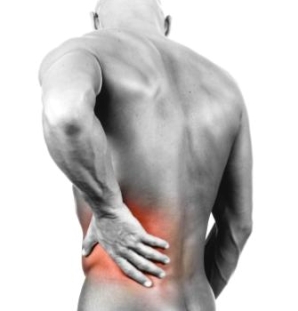Higher body fat content linked to increased back pain
 Washington, Sept 2 : A study has found that increased back pain among people who are overweight or obese is specifically related to a high content of body fat.
Washington, Sept 2 : A study has found that increased back pain among people who are overweight or obese is specifically related to a high content of body fat.
The study led by Donna M. Urquhart, Ph. D., of Monash University, Melbourne, Australia, included 135 participants, ranging from normal weight to obese.
All completed a standard questionnaire to measure low back pain intensity and related disability. They also underwent a test called dual-energy x-ray absorptiometry for detailed assessment of body composition, including measurement of fat and lean body mass.
The results showed that heavier people had higher levels of back pain intensity.
For each five-unit increase in body mass index (BMI)-equivalent to the difference between being classified as overweight or obese-the odds of high-intensity back pain increased by 35 percent.
For back pain disability, the association was even stronger: 66 percent per five-unit increase in BMI. However, the increase in back pain at higher BMIs was specifically related to increased fat mass.
For each five-kilogram (eleven pounds) increase in body fat mass, the odds of high-intensity back pain increased by 19 percent. For increased fat mass in the lower limbs, the increase was 51 percent.
Back pain and disability were also related to specific patterns of body fat-including increased fat in the trunk area, around the abdomen (android fat mass), and around the hips, thighs, and buttocks (gynoid fat mass).
The results show that greater fat mass is specifically associated with increased back pain and disability, while lean tissue mass is not.
The study has been published in the September 15 issue of Spine. (ANI)